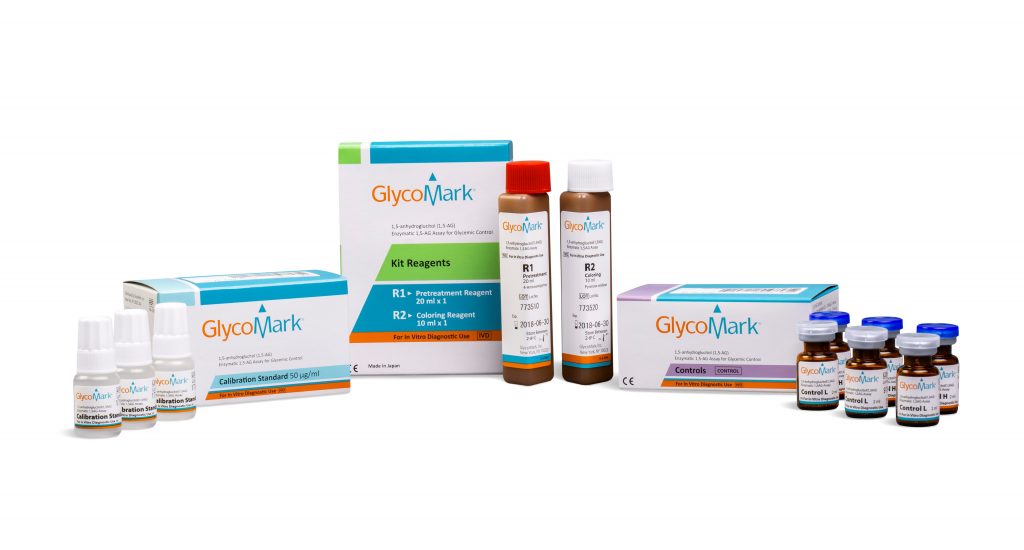This week, Precision Diabetes, Inc. presented data demonstrating that the 1,5-anhydroglucitol blood test (GlycoMark®) is more accurate than commonly used diabetes tests in predicting mortality in hospitalized COVID-19 patients with and without diabetes. The study, “1,5-anhydroglucitol is an Independent Predictor of Mortality in Patients with COVID-19,” was presented at the American Heart Association (AHA) 2021 Scientific Sessions conference.
The study, conducted at Sinai Hospital in Baltimore, Md., showed that the GlycoMark® test had 76% mortality accuracy (AUC) compared to the accuracy for HbA1c and fasting glucose of 51% and 60%, respectively. The accuracy of GlycoMark was higher in patients without diabetes (79%) than in patients with diabetes (73%). An algorithm, which included age, BMI, and GlycoMark had an accuracy for prediction of mortality of 89%.
“We were pleased to find that the GlycoMark test identified mortality with high accuracy in COVID-19 patients,” says Paul Gurbel, MD, a cardiologist at the The LifeBridge Health Cardiovascular Institute and lead investigator of the trial. “GlycoMark may have utility in triaging COVID-19 patients in the hospital setting at higher risk of severity and mortality. This may be especially important in COVID-19 non-diabetic patients who may develop new-onset diabetes, which brings higher risks of severe disease and death.”
This study follows a previously reported study presented as a late-breaking abstract at the 2021 American Diabetes Association (ADA) Scientific Sessions, which showed that GlycoMark was an effective marker of stress hyperglycemia and severity in COVID-19 patients, particularly in patients without diabetes. The study was conducted at Hospital Universitario Cruces in Bilbao, Spain.


